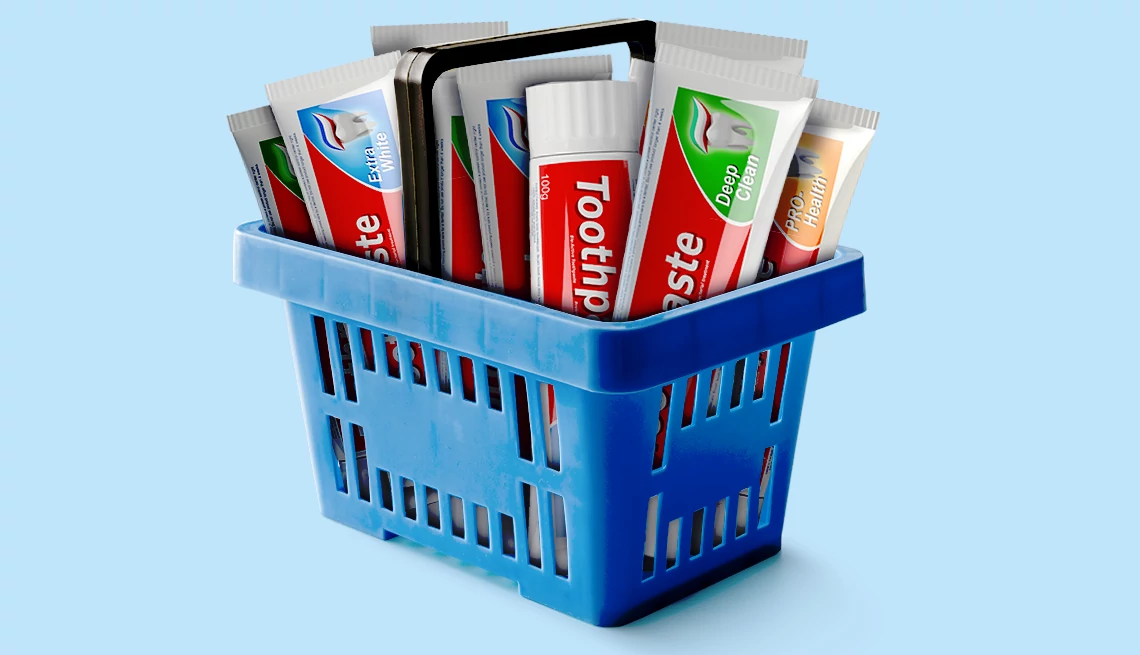AARP Hearing Center


Bulk buying isn’t just for canned goods and toilet paper. Tinfoil, cleaning supplies and toiletries also have a long shelf life. And with inflation ticking up and growing concerns over the impact of tariffs on consumer prices, loading up on certain household staples can help you stretch your budget.
Still, buying in bulk is a commitment. Before you make a purchase, ask yourself: Will I use it? How long does it last? And do I have room to store it? The third question is key, says Julie Ramhold, a consumer analyst at DealNews. “Buying in bulk, in general, can make a lot of sense,” she says, “but cluttering up your home doesn’t.”
So, what should you consider buying in large quantities? Here are 10 long-lasting products that are often worth purchasing in bulk.
1. Trash bags
Shelf life: no expiration
This household good won’t go stale — plastic bags (sadly) don’t readily decompose. If you have the space, it’s worth stockpiling, says Ramhold. “Some families wait for certain brands to go on sale at the local grocery store and stock up; others just go to Costco and pick up trash bags” in bulk, she says.
2. Ziplock plastic bags
Shelf life: no expiration
Ziplock bags are handy for all sorts of storage needs — snacks, sandwiches, craft supplies and more. So there’s no reason to not stock up, Ramhold says. To eke out savings, consider cleaning and reusing ziplock bags.
3. Tinfoil, plastic wrap and parchment paper
Shelf life: no expiration
If you have storage space, these products are worth stocking up on. They don’t expire, and if you love to cook or bake, they’re essential to have in your kitchen.





































































More From AARP
7 Products to Buy Generic
From toilet paper to aluminum foil, say goodbye to pricey brands for these items
99 Great Ways to Save 2025 Edition
Stretch your dollars — and cut costs on groceries, travel, entertainment and more
Houseware Splurges Do's and Dont's
Put your money where it matters most